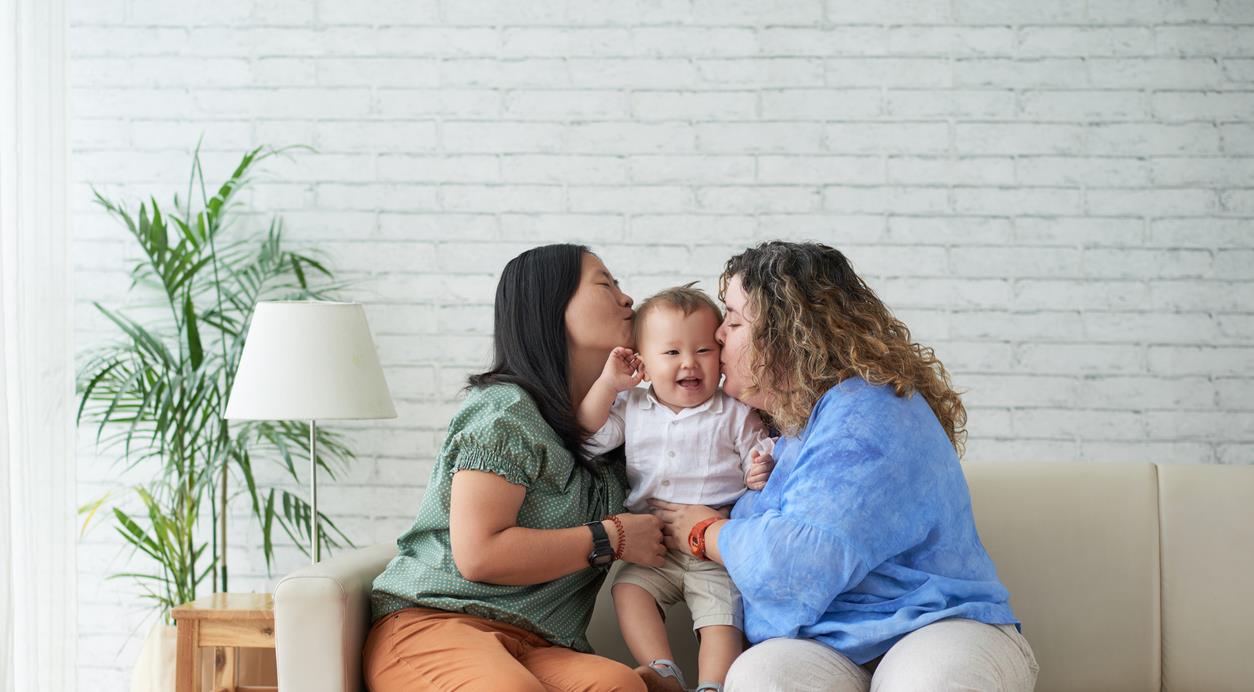
COULD YOU BE A FOSTER CAREGIVER?
Caregivers are adults who provide children with typical day-to-day care and nurture them through difficult times. In the past, foster caregivers were referred to as foster parents. This term however, can be very misleading as children coming into care already have parents. The term ‘foster caregiver’ was introduced to make the transition into fostering less confusing for children. It might even feel like spending time with an auntie or uncle.
To become a caregiver, you do not need to be married, have children, or own your own home. You do need strong parenting skills, a love of children and the time to devote to a child physically as well as emotionally. We are always looking for caregivers of diverse backgrounds to help children maintain their social, cultural, and religious connections. As the agency works toward helping bring children and families back together, caregivers are also involved with the child’s biological family through visits, meetings and by being supportive.
Becoming a caregiver is an important decision that will affect everyone living in your home. The guidelines below are intended to help you come to a decision whether fostering is the right fit for you and your family at this time in your life.
Financial stability
This means families are expected to be able to meet their personal financial obligations before becoming approved as caregivers. Caregivers are not paid a salary. At the end of the month, they receive a fixed daily rate to cover the expenses of the children they are caring for.
Bedroom space
Children in care may share a room however, they are required to have their own bed. A child over the age of six may only share a room with another child of the same gender. Children in care cannot have bedrooms located in a basement.
Caregivers working outside the home
Children thrive best when there is a full-time caregiver in the home. In exceptional circumstances, working caregivers may care for children ages six and up. Approval of working parents is dependent on the applicant’s ability to identify an adult, referred to as an alternate caregiver, willing to take on the responsibility of a child’s day-to-day care. Alternate caregivers are non-working adults who do not reside in the foster home but live nearby. Often they are a neighbour, relative or friend. They will be required to complete part of the fostering approval process i.e. police checks, interviews, training.
Smoking
All foster homes are required to be smoke free. Foster parents caring for babies between the ages of newborn and eighteen months must be non-smokers.
For more information, view our Fostering FAQ.
Training
The Province of Ontario requires all foster caregivers to complete minimum training standards before children can be placed in the home. All training is provided to caregivers free of charge. For more information on training requirements and opportunities, visit our Training and Support page.
Submit an inquiry
Interested in learning more about fostering with Peel CAS? If you've reviewed the information on our website and would like to learn more, please click here to submit an inquiry.
